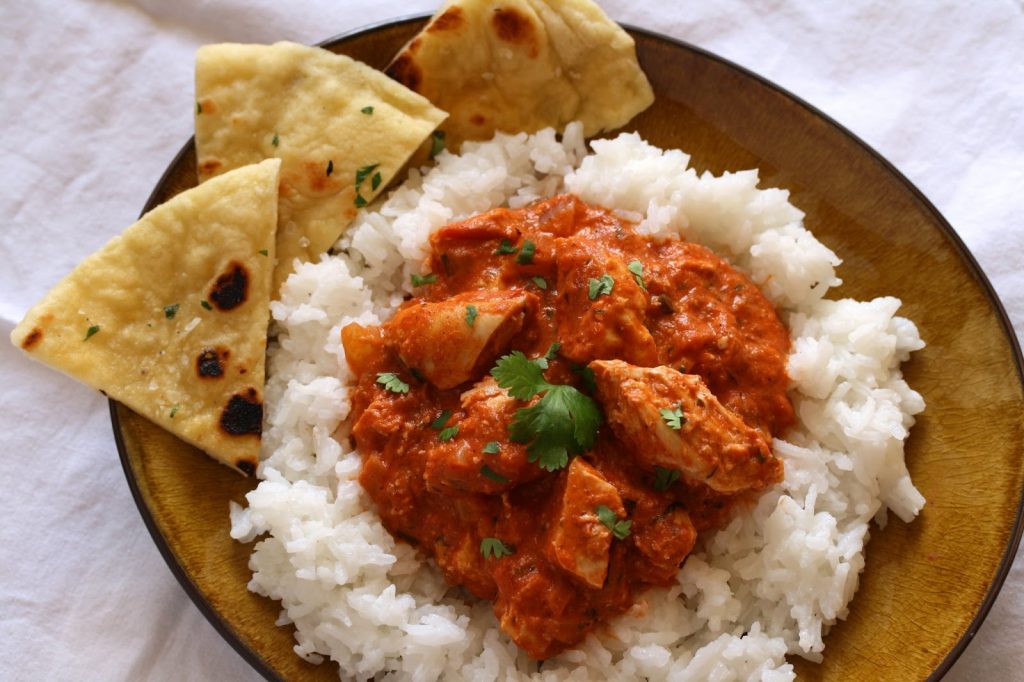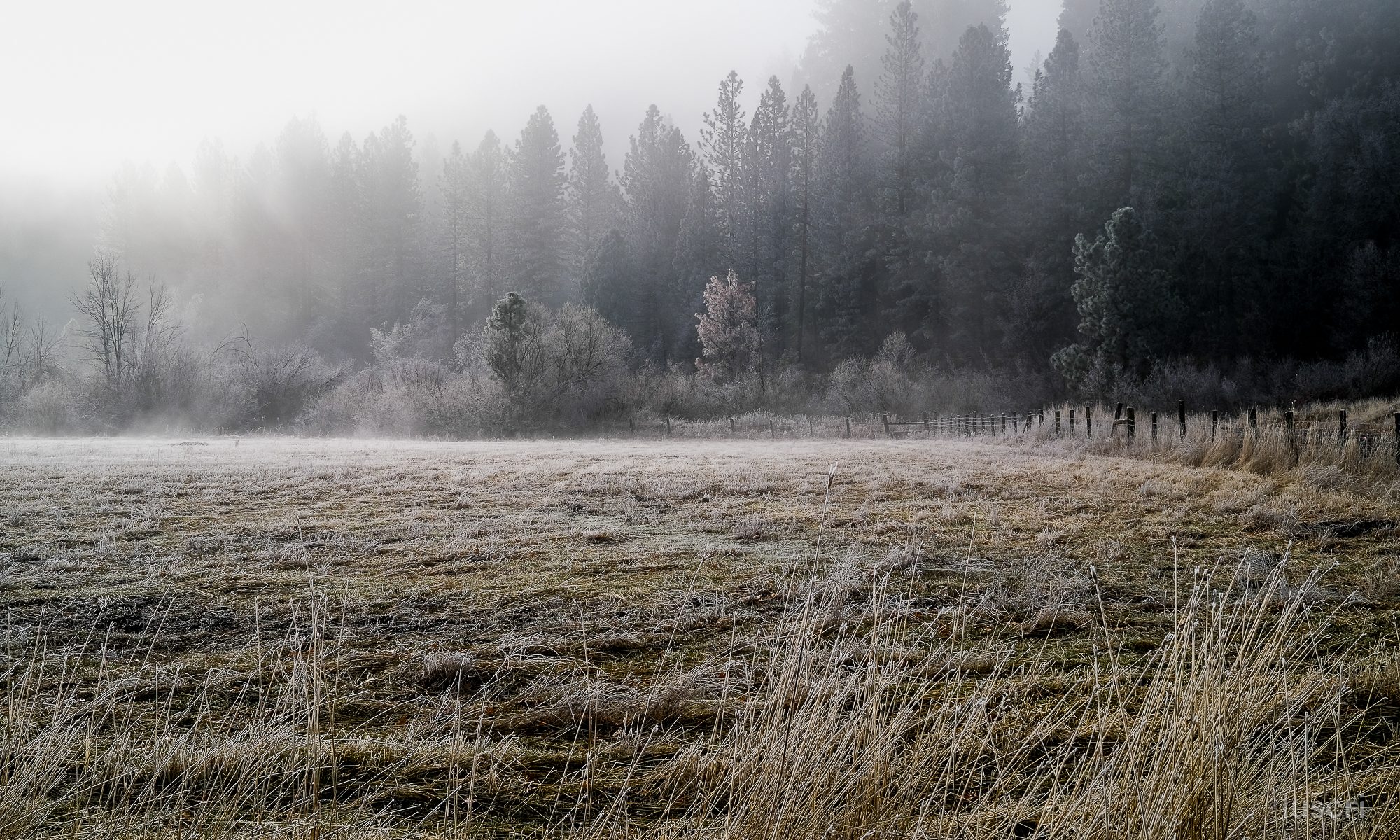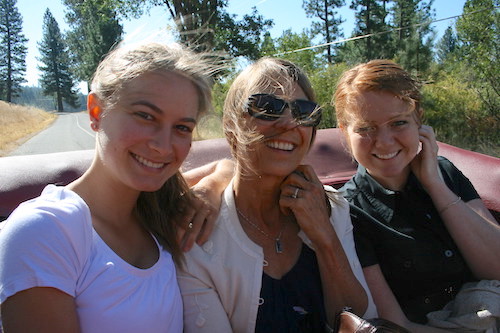
Here’s a Cali cultural caution: Asking an Indian-American how to make chicken tikka masala is NOT AT ALL like asking an Italian-American how to make spaghetti with meat sauce. When hankering for a favorite Indian dish in a tiny California town with no Indian food joint for miles, care is needed—especially for a Texan.
I flunked Cultural Appreciation 101.
Here’s how it went down:
For months, I’d been eating sandwiches in my first California digs—a travel trailer in the barn of a friend and his family. I began craving ethnic cuisine, namely chicken tikka masala. No. Beyond, craving—I had to have it.
In my previous life in North Texas, I enjoyed access to virtually all manner of fare, but in my new mountain town that boasted one Mexican restaurant and one Chinese place, getting chicken tikka masala was a pipe dream.
The Big Blunder
One day my friend’s youngest daughter (sixteen or so at the time)—I’ll call her Clara—introduced me to her Indian-American friend—I’ll call her Nina. I said, “Nice to meet you.” And then blurted, “Hey, do you know to how make chicken tikka masala?” I figured if I couldn’t get it, maybe I could make it.
Clara slumped in her chair and stared at the table while Nina answered politely, “I don’t, but my dad probably does.” Her dad owns a gas station/car wash/mini-mart in town. I thanked her for the tip and went about my day—sans a chicken tikka masala recipe—and blissfully ignorant of the culturally insensitive faux pas I had committed.
I found out later, to my amusement, that after the painful (for Clara) exchange, Nina asked, “Who is that guy?” To which Clara responded, “Oh, he’s the guy living in our barn.”
Cringeworthy Texan
That evening I saw Clara and remembered her slumping, so I apologized for any embarrassment I’d caused her. Turns out, I hadn’t embarrassed her—she was embarrassed for me.
She intimated that by asking her Indian-American friend about an Indian dish I loved, I’d crossed the line because I’d assumed that because Nina is ethnically Indian, she might know how to make a popular Indian dish.
Apparently, it’s culturally insensitive to assume anything based on someone’s ethnicity. Oops. “Well, shucks, I’m just a big ‘ol dumb, backward Texan.”

Cultural appreciation?
Call me crazy, but I would think it’d be gratifying to know that someone of another ethnicity would love one of your ethnicity’s dishes so much that he might ask you how to make it. Seems like a clear case of cultural appreciation to me.
After all, isn’t that what cultural appreciation is all about? Eating?
Apparently, this is what I should’ve said to Nina, “Nice to meet you. You appear to be of Indian descent; may I be so bold as to ask if you are?” Wow. This would make me sound like Dwight Schrute.
Oh, wait, that could backfire. She might have replied, “Why? Because I have dark skin and dark eyes and straight black hair?”
Or she might have simply said yes. Whereupon I could’ve followed with, “Is it at all possible and without meaning any insensitivity whatsoever, but rather only appreciation, might I ask, do you know how to make chicken tikka masala?”
What gives?
Here’s my Texan take:
Clara responded the way she did, in part, because she’s a product of the Zeitgeist—the spirit of the age—that champions cultural diversity over virtually any other social value and regulates its appreciation through the censorship of political correctness.
She perceived my question to Nina as clumsy, backward, and culturally insensitive because she has been unknowingly inculcated with an oversensitivity to “cultural insensitivity” by her California secondary education and her Millennial value system.
Political correctness censors expressions of cultural appreciation by discouraging assumption and stereotypes. Therefore, to avoid offense, one should take great pains to appreciate another’s ethnic and cultural diversity—without saying anything stupid or insensitive.
Texan translation? If you want to know how to make chicken tikka masala, Google it.
For more Cali Crazy Texan takes on the Golden State, here’s part three: Cali Crazy: A Texan’s take on the Golden State—part 3—Holy Holisticism, Batman!




